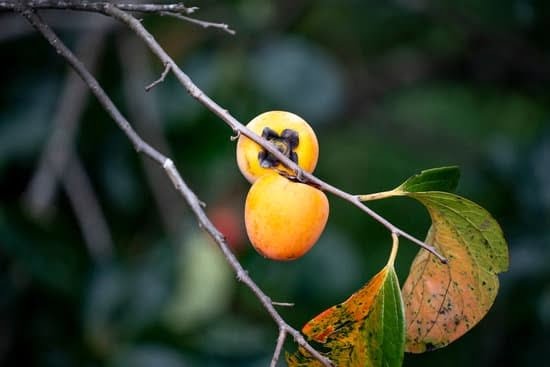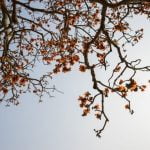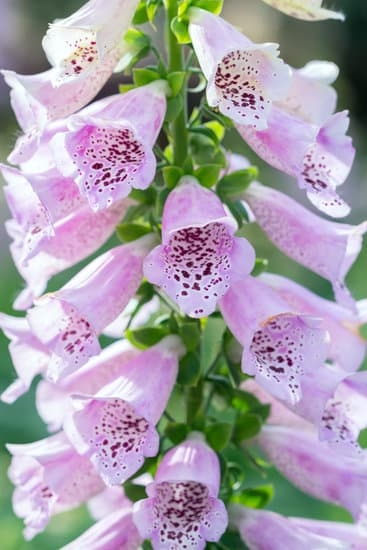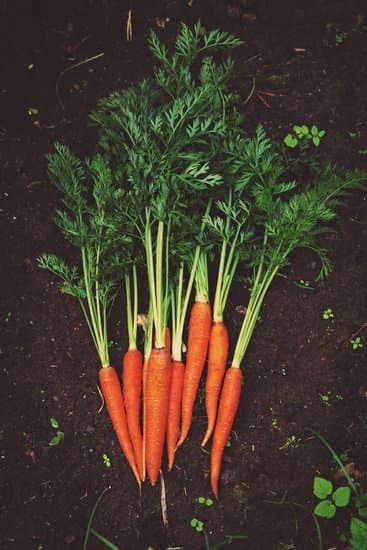Different Varieties of Gardening Services
Ecological Restoration and Maintenance: This type of gardening service focuses on restoring and maintaining the health of any existing ecosystems in a garden. This can involve a variety of activities such as clearing away anything that is not contributing to the health of the ecosystem (i.e. invasive plant species) and replacing it with native fauna that are beneficial to local wildlife. Depending on the size and location, additional features may be incorporated into the ecosystem, like ponds or rain gardens that help increase biodiversity in the restoration area.
Lawn Care: Lawn care requires keeping grass looking healthy and maintained all year round by mowing, aerating, fertilising and controlling weeds & pests in appropriate ways. This type of service also includes edging, sodding and mulching lawns for added protection against harsh weather elements.
Pest Control: Pest control is an important aspect of gardening services as it involves dealing with insects and other organisms that could threaten plant growth or spread diseases. Many methods are used by professional gardening consultants including mechanical traps, insecticides, creating perimeter barriers to keep pests out, or using natural predators such as ladybugs or praying mantises to control specific pest populations without disrupting surrounding ecosystems.
Recommendations
When looking for a gardening consultant, it is important to do your research. Here are some recommended gardening consultants that may be beneficial for you when choosing the right one for your needs:
• The American Gardening Association brings together recognized experts from all over the U.S. to help provide training and certification programs to individuals who are passionate about gardening. All of their appointed garden advisors are highly qualified and experienced in providing expert advice when it comes to designing, building, and maintaining gardens for both residential and commercial use.
• Garden Gurus offers independent consulting services by highly-qualified certified horticulture professionals in the United States. They specialize in helping property owners design, develop and construction sustainable gardens at the best possible cost and value while providing personalized advice on plant life selection that can improve outdoor living spaces or generate profit through crop production.
• LifeGrow Organization is an international non-profit organization that promotes gardening as a form of art and therapy by encouraging everyone to interact with nature, regardless of their experience or knowledge of gardening. Their national network of certified LifeGrow Garden Consultants helps people transform their outside green spaces into something meaningful and therapeutic, no matter what size the space.
Starting a Garden
Gardening consulting can also involve helping gardeners figure out which type of garden bed to use, including raised beds and in-ground beds. Consultants can help people choose the best plants for their gardens, depending on theclimate, soil type, and amount of sunlight available. Consultants can work with clients to create an ideal plan for what crops or flowers to plant, and when. They may then provide guidance on water management or devise a customized irrigation plan for the garden area.
Consultants may also be involved in helping clients decide how they want to fertilize their gardens, such as composting or using commercial fertilizers. In addition, consultants can provide advice on pest management strategies such as natural control solutions or chemical sprays. They may even have suggestions for landscaping ideas that will enhance the look of the yard and add aesthetic value. Finally, consulting services may also include advice on long-term maintenance of vegetable and flower gardens including information about pruning techniques, mulching methods, and ways to manage weeds without chemicals.
Green Living
Gardening consulting can provide advice to gardeners on how they can lead a more sustainable lifestyle through their gardening practices. Organic gardening methods are one way to reduce the effect of chemicals on the environment. Gardeners should research organic gardening options, such as using mulch and compost, instead of chemical-based fertilizers and pesticides. This will reduce the amount of runoff entering rivers and streams.
When buying plants, buying from local nurseries rather than online is preferable. Plants sourced locally require less travel and energy expenditure to be brought to your home, allowing you to reduce your carbon footprint while still finding what you need without wandering too far from home. Not only that, but buying from local nurseries also supports the community’s economy by providing jobs and money for those businesses; it helps support neighboring farms which may supply the materials used in packing or shipping; it reduces plastic packaging waste since you don’t have individual orders sent to you; it stimulates discussion about growing techniques with other local gardeners at the nursery; and it contributes to pollinator health by preserving plant diversity in your area.
Environmental Responsibility
Gardening consulting provides guidance to gardeners and landscapers on a wide variety of topics, including design, best practices, and the latest trends. In addition, encouraging eco-friendly gardening decisions is an important part of the consulting practice. Composting is a great way to reduce waste going into landfills while simultaneously providing essential nutrition for your garden. Additionally, different sustainable practices should be adopted in order to minimize using pesticides and other chemicals that can harm beneficial insects and native wildlife. Planting native species is another way to reduce the work involved with maintaining a garden while providing food, shelter and habitat for natural wildlife populations in the area. Finally, water management is another key aspect since unnecessary overwatering can cause problems with soil erosion or fungal growth that could be detrimental to your plants as well as any nearby environment. Consulting services can provide invaluable assistance retaining balance and protecting resources while still allowing you to reap the rewards of gardening!
DIY Tips
1. Always wear gloves when pruning. Pruning correctly is essential to keeping your plants healthy and safe, so be sure to equip yourself with the right set of gardening tools before taking on the task.
2. Work the soil regularly by tilling topsoil, adding compost and other natural additives, and aerating with a pitchfork or rake. This will promote root growth and help keep nutrients evenly distributed in the garden beds.
3. Kill off weeds without chemicals by using a hoe or hand weeder for small areas, or fabric mulch for larger ones. Mulching also helps prevent erosion and conserve moisture in the soil.
4. Create target irrigation for specific areas of the garden using a good watering system. When it comes to saving water, this can be effective as well as convenient!
5. Feed your plants organic fertilizers such as fish or seaweed-based fertilizers rather than chemical varieties whenever possible. They are much better for both you, your plants, and the environment in general!

Welcome to my gardening blog! I am passionate about plants and enjoy sharing my knowledge and experiences with others. In this blog, I will write about everything related to gardening, from tips on how to get started to updates on my own garden projects.





